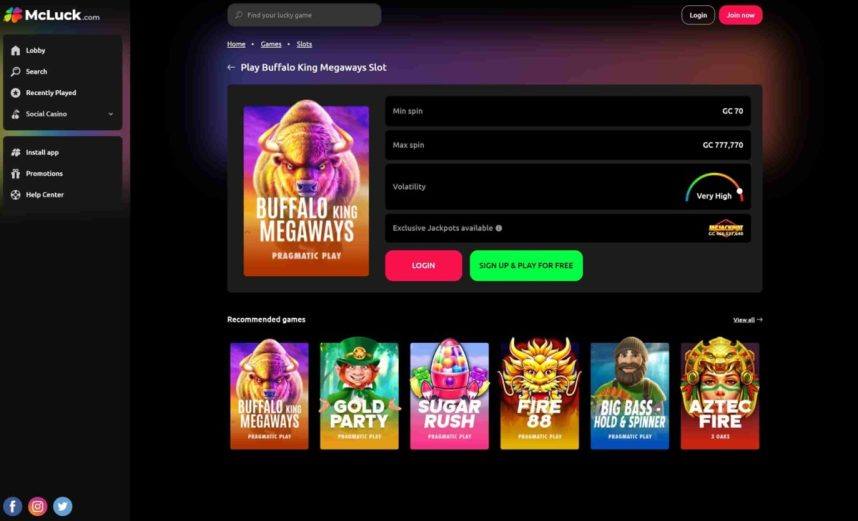California About to Become 5th State to Outlaw Online Sweepstakes Casinos
Posted on: September 12, 2025, 09:56h.
Last updated on: September 13, 2025, 11:19h.
On Friday, the California State Assembly unanimously concurred with Senate amendments to AB 831, a bill that would ban online sweepstakes casinos because they simulate real-money gambling. This positions the Golden State to join four other states that outlaw them.

In a 63–0 vote, the Assembly approved the Senate’s amendments without floor debate. The Senate had passed the bill 36–0 on September 8, 2025, following three committee reviews and a September 3 amendment clarifying protections for certain promotional sweepstakes operators.
The measure, authored by Assemblymember Avelino Valencia, now heads to Gov. Gavin Newsom, who has 30 days to sign or veto it. If he takes no action, the bill will automatically become law, with an effective date of January 1, 2026.
Under AB 831, violators face misdemeanor charges, with penalties of up to $25,000 in fines, one year in county jail, or both. The bill also holds third-party entities — including payment processors, geolocation providers, content suppliers, and media affiliates — liable only if they knowingly and willfully support illegal sweepstakes operations.
The Count So Far
Four states currently prohibit online sweepstakes via legislation:
- Connecticut: SB 1235, effective October 1, 2025
- Montana: SB 555, effective October 1, 2025
- Nevada: SB 256, effective June 6, 2025
- New Jersey: AB 5447, effective August 14, 2025
Legislative efforts to enact similar bans failed in Maryland and Louisiana earlier this year. In Louisiana, SB 181 was vetoed by Gov. Jeff Landry despite passing both chambers. In Maryland, the bill died in committee before the session adjourned.
In New York, S5935/A6745 passed on June 12, 2025 and was delivered to Gov. Kathy Hochul on June 18, starting a 10-day window for executive action. However, because the legislature adjourned before the window expired on June 20, Hochul’s inaction triggered a pocket veto.
The following five states ban online sweepstakes via regulatory enforcement:
- Delaware: On April 7, 2025, the Delaware Division of Gaming Enforcement issued a cease-and-desist order to VGW Luckyland, effectively prohibiting all online sweepstakes casinos
- Idaho: Regulatory ban prohibits prize redemptions
- Michigan: Cease-and-desist orders enforced 2023-2025
- New York: Attorney general enforcement (cease-and-desists to 26 operators in June)
- Washington: Longstanding regulatory ban on sweepstakes contests of chance
The Controversy
Online sweepstakes casinos operate free-to-play contests that they claim are social in nature. Because no purchase is required to win, operators liken their platforms to retail promotions — such as giveaways or discount codes.
But critics contend that these platforms constitute unregulated online gambling, pointing to the use of dual virtual currencies. The most controversial is “sweeps coins,” which can be purchased and used to play casino-style games like slots and blackjack.
Many platforms allow sweeps coins to be redeemed for cash prizes, blurring the line between entertainment and gambling.
Blowback
Immediately after AB 831’s passage, the Social Gaming Leadership Alliance (SGLA) condemned the bill. Executive director Jeff Duncan issued a statement warning that the legislation could worsen economic disparities among tribal nations, stifle digital innovation and strip $1 billion out of the state’s economy.
Duncan urged Governor Newsom to veto the bill and instead support online social gaming as a tool for tribal economic development.
Four Northern California tribes with limited or no gaming operations aligned with SGLA in opposition:
- Kletsel Dehe Wintun Nation
- Sherwood Valley Rancheria of Pomo Indians
- Mechoopda Indian Tribe of Chico Rancheria
- Big Lagoon Rancheria
However, California’s Indian Country almost unanimously supports AB 831. This includes the Tribal Alliance of Sovereign Indian Nations’ 13 member tribes.
If signed into law, the bill will mark a decisive shift in California’s approach to online gaming — one that could reshape the national conversation around digital sweepstakes platforms, tribal sovereignty and the future of regulated entertainment.
No comments yet